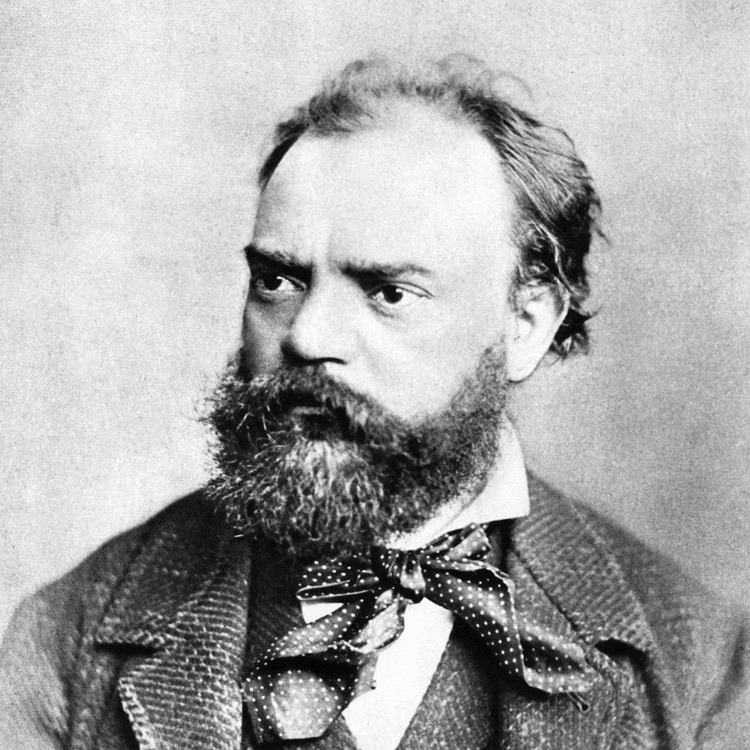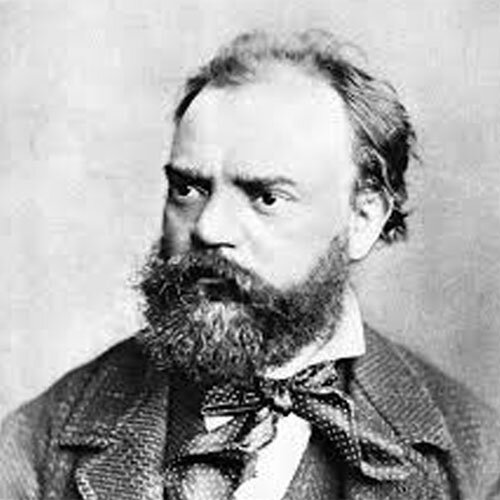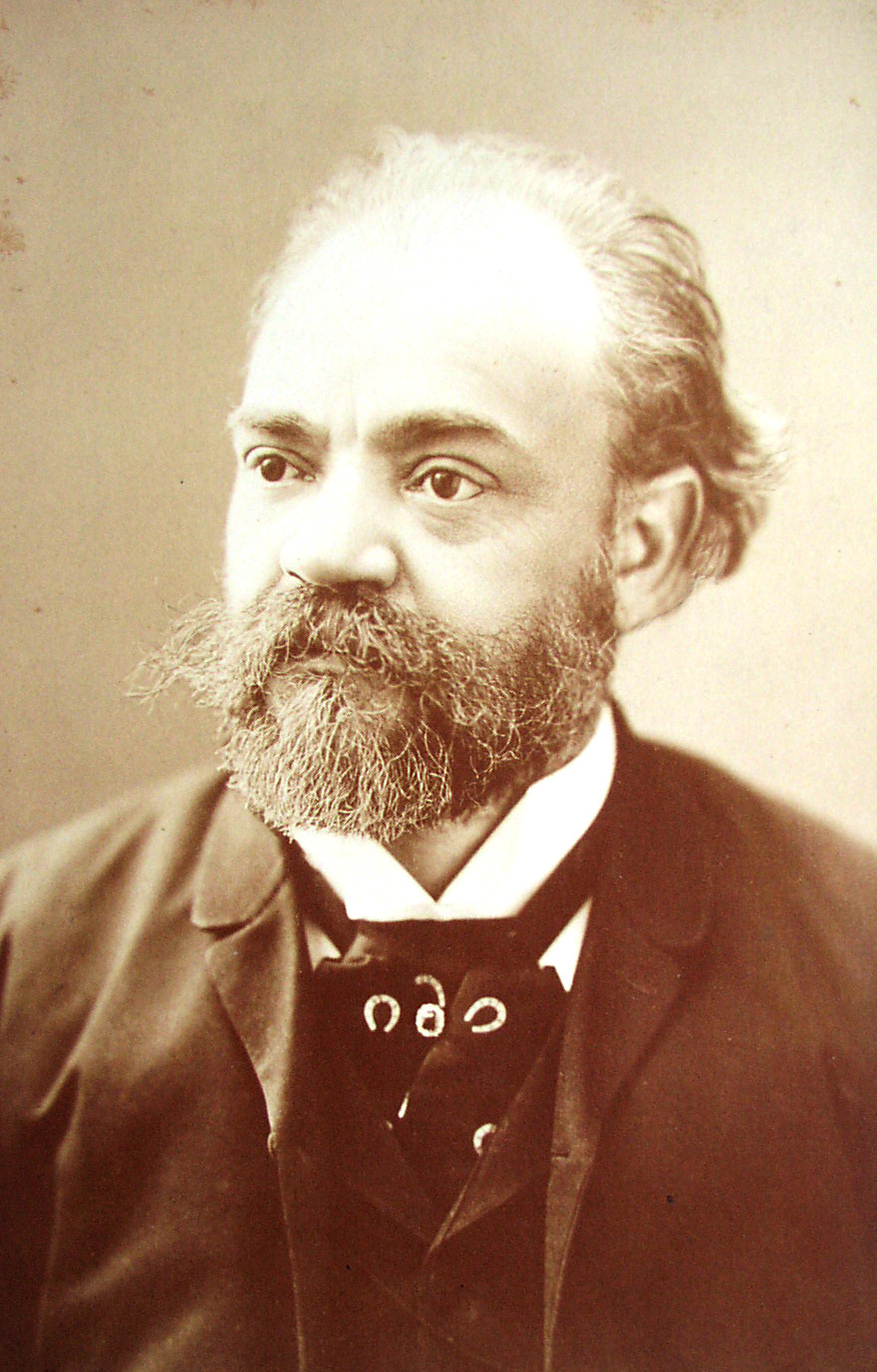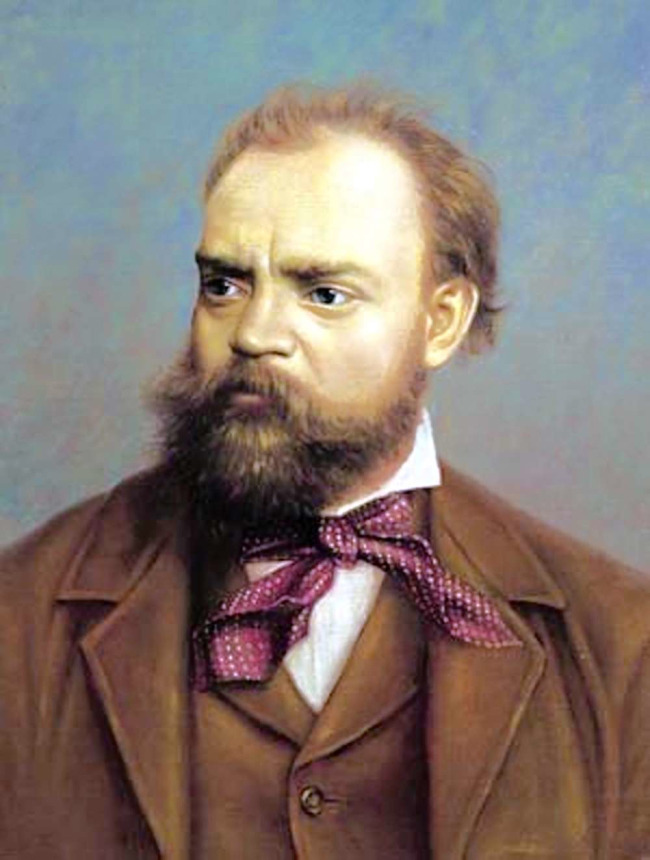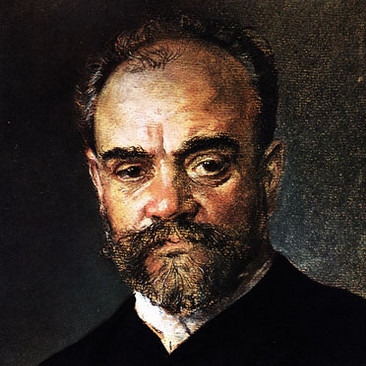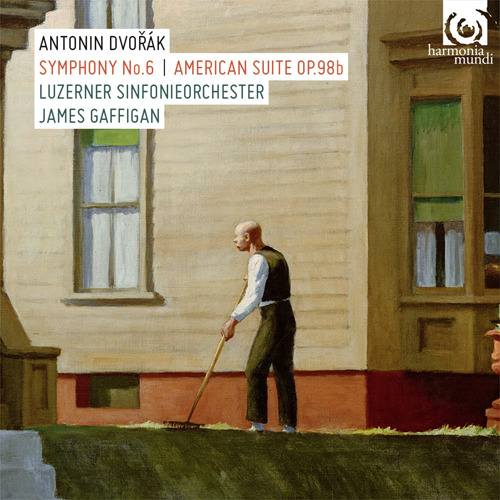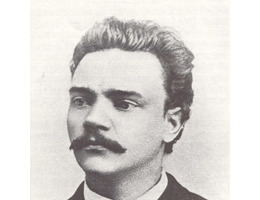In 1897, Antonín Dvořák (1841-1904) wrote his last symphonic poem and, in contrast to the preceding four he’d just finished, The Water Goblin, The Noon Witch, The Golden Spinning Wheel, and The Wood Dove, this last work had no story
Dvorak
With his Cello Concerto in B minor, Op.104, Antonín Dvořák created one of the all-time greatest works in the genre. Yet curiously, Dvořák had written in 1865, “The cello is a beautiful instrument, but its place is in the orchestra
“Minors of the Majors” invites you to discover compositions by the great classical composers that for one reason or another have not reached the musical mainstream. Please enjoy, and keep listening!
Well-known for his nine symphonies, Antonin Dvořák was one of the first composers to infuse his music with the folk idioms of his native land, enchanting us with Czech, Moravian and other Slavic melodies. He wrote an enormous number of
Professionally, the years 1876 and 1877 accorded Antonín Dvorák (1841-1904) the first glimpses of international recognition. Privately, however, these years were overshadowed by great personal tragedy. Just two days after her birth, Dvorák’s little daughter Josefa unexpectedly died. In response,
Suite in A Major ‘American Suite’, Op. 98b, B. 190: IV. Andante From Dvorák – Symphony No. 6 / American Suite op. 98b (2014) Released by Harmonia Mundi Dvorák: Suite in A Major ‘American Suite’, Op. 98b, B. 190: IV.
Like practically every composer working in the nineteenth century — regardless of their origin or nationality — Antonin Dvořák (1841-1904) was profoundly nationalist in many respects. In fact, he was expressively patriotic regarding Czech rights within the German dominated Habsburg
Antonín Dvořák Klid (Silent Woods), Op. 68, No. 5, B. 182 Jean-Guihen Queyras, cello BBC Symphony Orchestra Jin Belohlavek, conductor From Cello Concerto – Elgar / Tchaikovsky / Dvořák (2013) Released by Harmonia Mundi Dvořák: Klid (Silent Woods), Op. 68,

